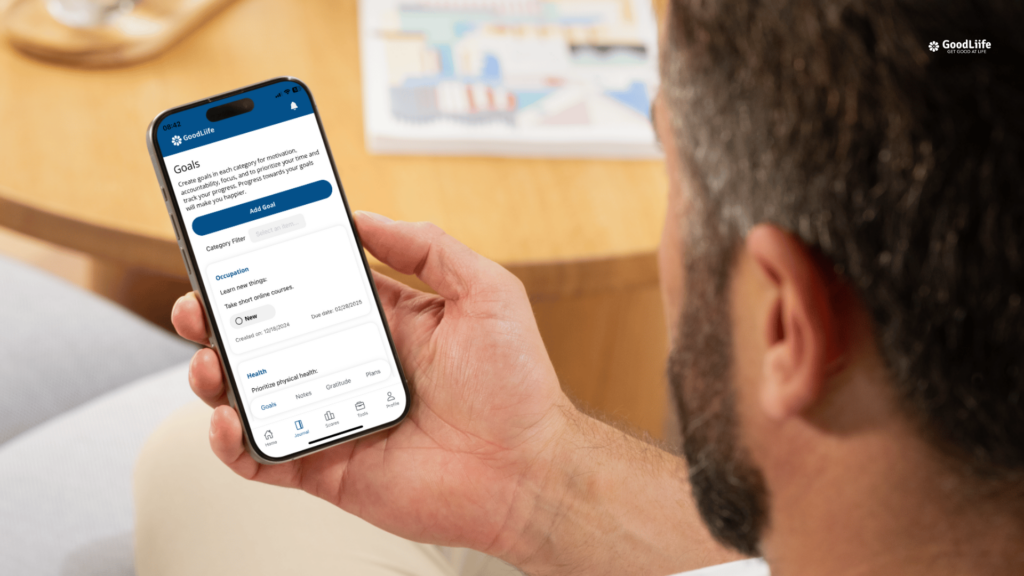Understanding the Differences Between Coaching and Mentoring
The terms “coaching” and “mentoring” are often used interchangeably, but they represent distinct approaches to personal and professional development. While both aim to support individuals in achieving their goals, they differ in scope, duration, and methodology. Understanding the nuances between coaching vs. mentoring can help individuals and organizations determine which approach best fits their needs.
What Is Coaching?
Coaching is a structured, goal-oriented process in which a coach helps an individual or team achieve specific objectives within a set timeframe. Coaches use a variety of techniques, including questioning, active listening, and feedback, to guide clients toward self-discovery and performance improvement.
Key Characteristics of Coaching:
- Short-term and focused – Typically, coaching engagements last for a few weeks to months, depending on the goal.
- Performance-driven – Designed to enhance specific skills, productivity, or behaviors.
- Solution-oriented – Coaches help clients develop actionable plans to overcome obstacles and reach their goals.
- Professional relationship – Coaches do not necessarily need industry-specific experience; instead, they rely on coaching methodologies to facilitate progress.
When to Use Coaching:
- Improving leadership skills
- Enhancing productivity and efficiency
- Career transitions or upskilling
- Developing a specific skill (e.g., public speaking, conflict resolution)
What Is Mentoring?
Mentoring is a long-term relationship in which a more experienced individual (the mentor) provides guidance, wisdom, and encouragement to a less experienced individual (the mentee). Unlike coaching, mentoring is less structured and more about holistic development.
Key Characteristics of Mentoring:
- Long-term and evolving – Mentoring relationships can last years, sometimes spanning an entire career.
- Development-driven – Focuses on overall personal and professional growth rather than specific short-term objectives.
- Experience-based – Mentors offer insights from their own career journeys, often within the same industry.
- Supportive relationship – Involves trust, encouragement, and open discussions rather than structured guidance.
When to Use Mentoring:
- Career development and advancement
- Gaining industry insights and networking opportunities
- Personal growth and self-confidence
- Navigating workplace challenges

Coaching vs. Mentoring: Key Differences
| Feature | Coaching | Mentoring |
|---|---|---|
| Duration | Short-term (weeks to months) | Long-term (months to years) |
| Focus | Specific goals and performance improvement | Holistic personal and professional development |
| Approach | Structured, goal-driven | Flexible, relationship-driven |
| Expertise | Coaches use coaching methodologies | Mentors share personal experience and industry knowledge |
| Relationship | Professional and structured | Personal and evolving |
Choosing the Right Approach: Coaching or Mentoring?
Determining whether coaching or mentoring is the best fit depends on the individual’s needs and goals. If someone requires immediate skill enhancement, coaching is the ideal choice. However, if they are seeking long-term career guidance and personal growth, mentoring is more beneficial.
Questions to Consider:
- What is the primary goal? If it’s skill enhancement, coaching is the answer; if it’s career or life guidance, mentoring is preferable.
- How long do I need guidance? Short-term goals align with coaching, while long-term aspirations align with mentoring.
- Do I need structured support or open-ended guidance? Coaching follows a structured process, whereas mentoring is more flexible.
Leveraging the GoodLiife Score App for Coaching and Mentoring

Both coaching and mentoring benefit from tools that track progress and provide actionable insights. The GoodLiife Score App offers a structured yet flexible framework that enhances both approaches by providing:
- Self-diagnostics and personalized assessments – Helps individuals and coaches identify strengths, weaknesses, and areas for improvement.
- Goal-setting and progress tracking – Ideal for short-term coaching engagements where measurable outcomes are essential.
- Balanced priorities and well-being tracking – Ensures holistic growth, which aligns with mentoring objectives.
- Stress reduction and self-reflection tools – Useful for both coaches and mentors to help clients/mentees manage challenges and reflect on their progress.
By incorporating the GoodLiife Score App into coaching and mentoring programs, individuals can gain deeper insights into their personal and professional development, track their journey effectively, and achieve meaningful growth.
Conclusion
Understanding the difference between coaching vs. mentoring is essential for making informed decisions about personal and professional growth. Coaching offers short-term, results-driven guidance, while mentoring provides long-term, relationship-based support. Both approaches have their unique benefits, and in many cases, they can complement each other. By leveraging tools like the GoodLiife Score App, individuals, coaches, and mentors can enhance their development journeys and achieve lasting success.
Learn more about the GoodLiife Score App here or download from the App Store.

Leave a Reply